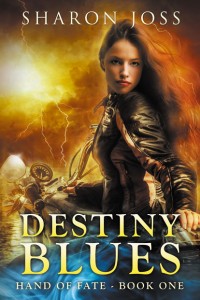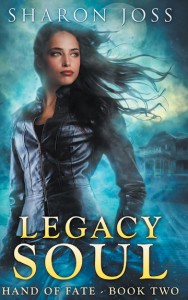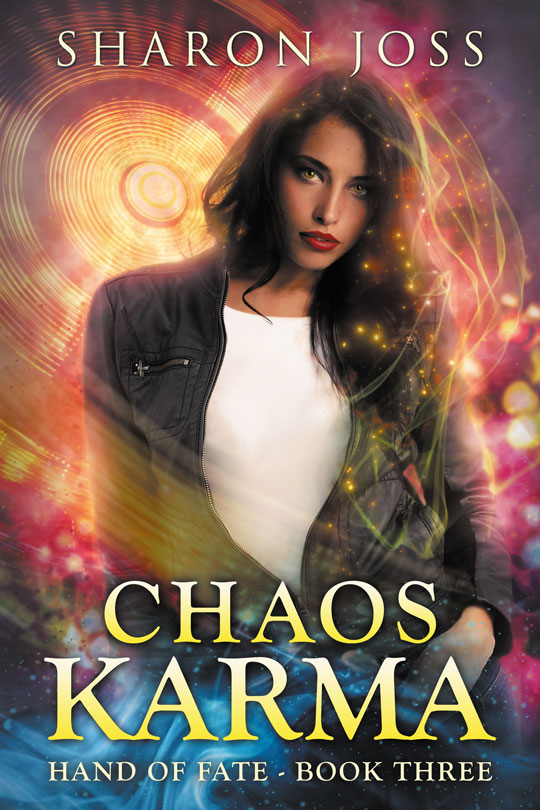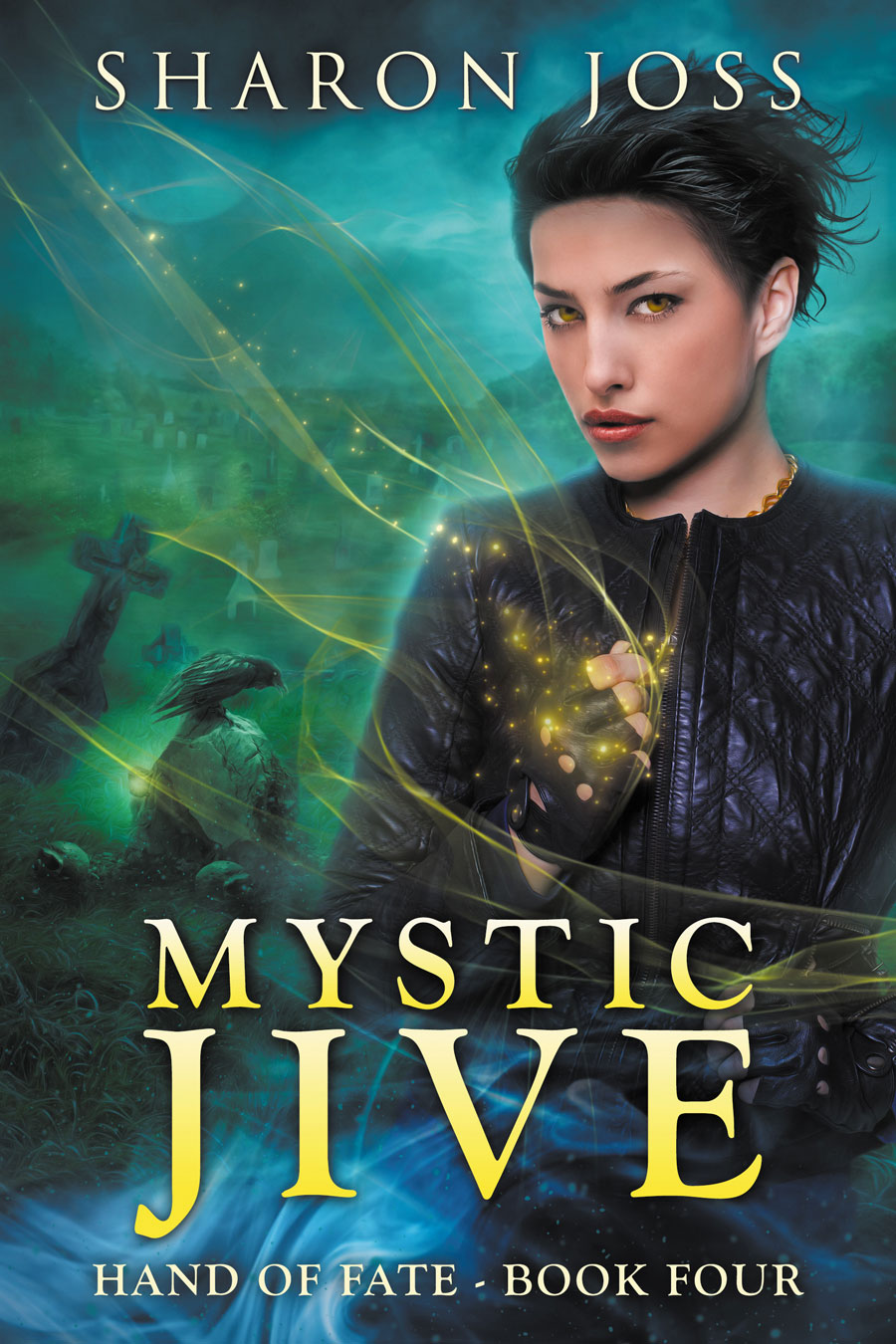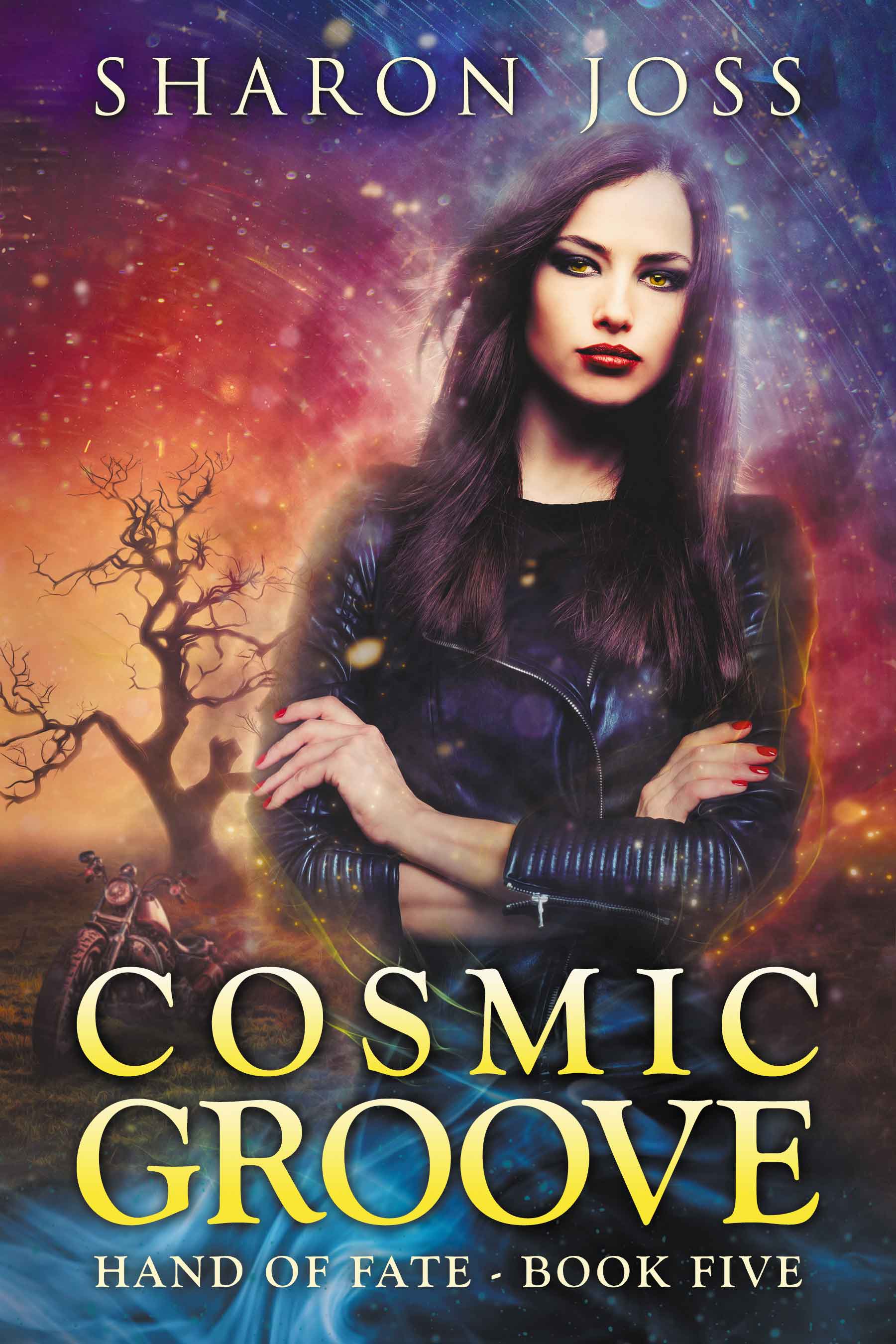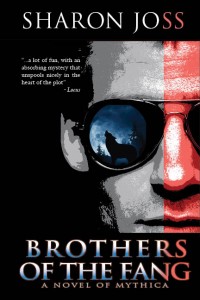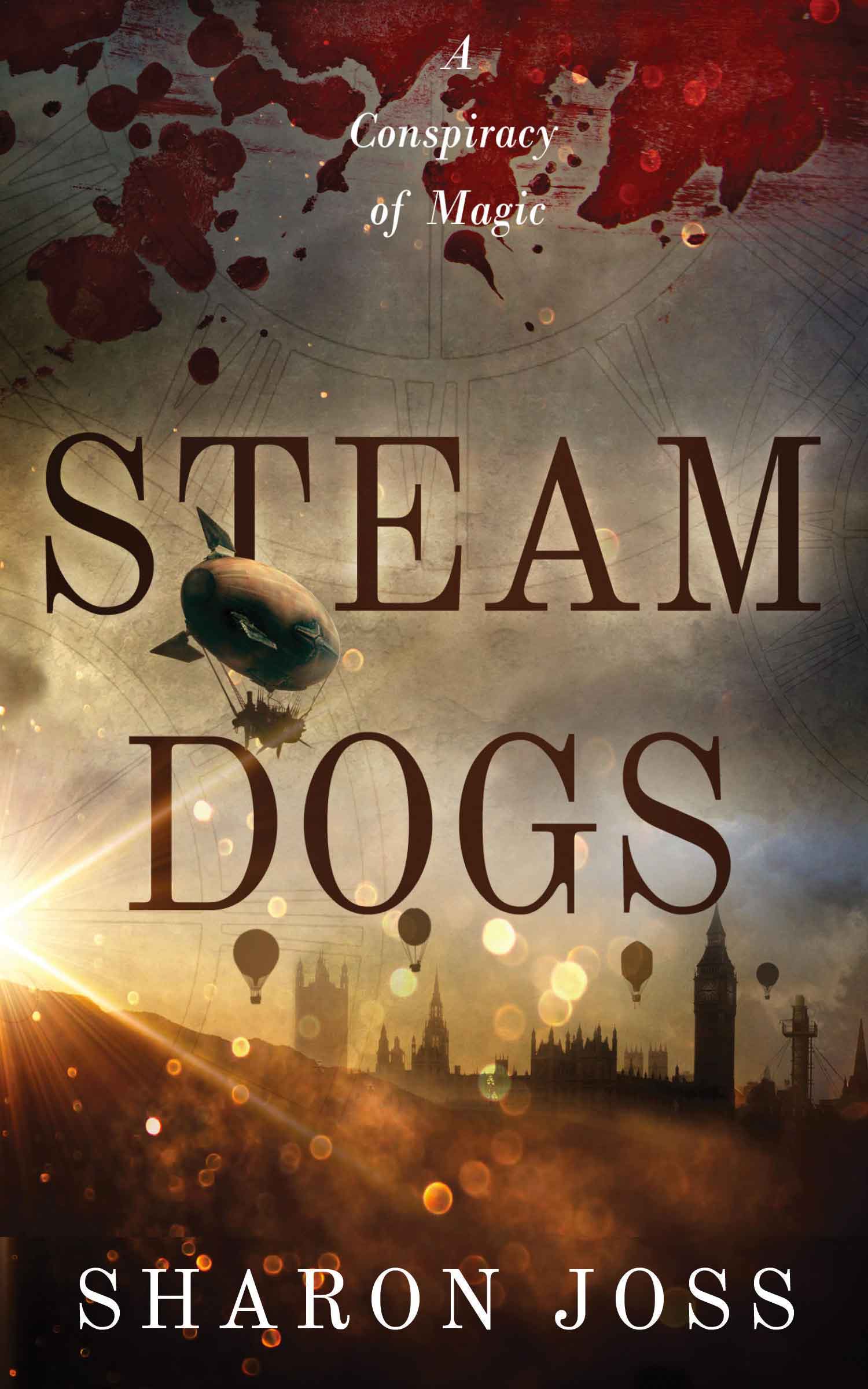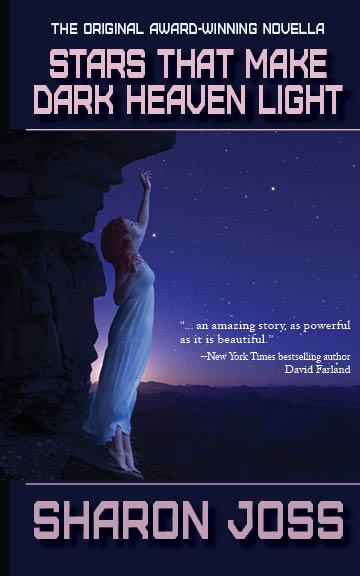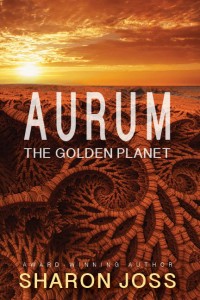I’ve already mentioned my disappointment in not meeting my writing goals for this year.
Between getting my house ready for sale and moving to Oregon, there were four months this year when I wrote no new words whatsoever. I didn’t even participate in NaNoWriMo. As a result, I averaged about 10,000 ‘new’ words per month for 2012 (against my targeted monthly quota of 32,000 words). Ugh. I have recommitted myself to a daily word count quota for 2013.
Another disappointment was around my reading goals for 2012. I’d hoped to read at least 75 books this year, but only finished 39. Here’s my list of notables based on an admittedly short pile:
· Favorite new author (also favorite horror novel): Christopher Buehlman’s Those Across the River. A unique and terrifically horrible werewolf tale. I met the editor for this book at the Pacific Northwest Writers Conference earlier this year, after attending a session on horror. That’s one of the benefits of attending writer’s conferences; you get exposed to authors and books you might not have heard of any other way. Great book.
· Favorite (new to me) Urban Fantasy series: I’ve told everyone who will listen how much I enjoyed Diana Rowland’s My Life as a White Trash Zombie. I’m not a big fan of Zombies (I saw The Hills Have Eyes one too many times as a teen-ager), but this book was a real hoot, and a surprisingly endearing love story. Ms. Rowland’ books hadn’t really been on my radar until I listened to an interview she’d done with Jim Butcher on Patrick Rothfuss’s blog. In fact, that interview led me to two other noteworthy urban fantasy authors whose ‘new to me’ work I enjoyed this year: Kevin Hearne (Iron Druid series), and Benedict Jacka (Alex Vera series).
· Notable Classics: One of my reading goals for this year was to read more of the classic works of Fiction. Hands down, my favorite ‘classic’ read this year was James M. Cain’s The Postman Always Rings Twice. First published in 1934 and still packs a wallop. A Helluva tale. And although William Gibson’s Neuromancer was first published nearly 30 years ago, I found it remains original and surprisingly contemporary.
· Favorite Writing Book(s): A tie between Larry Brooks’ Story Engineering, and Blake Snyder’s Save the Cat. Also noteworthy was Robert McKee’s Story and the hard-to-find-or-afford-once-you’ve-found-it pamphlet called Writing to the Point by Algis Budrys.
· Favorite Books from Favorite Authors: Another tie between Dances with Dragons by George R. R. Martin (of course I just HAD to reread the entire series before I read this one, so I guess it really counts as more than one book), and Naomi Novik’s Black Powder War, Empire of Ivory, and Tongues of Serpents (not only do I love her books, but she’s a genius at thinking up killer titles).
· Biggest Disappointment: Laurel K. Hamilton’s 2010 novel, Bullet topped the list. I have been a loyal fan of all her books since the very beginning of her career, but her most recent works have not packed the punch of her earlier work (Obsidian Butterfly is still one of my all-time favorites).
· Best (Free!) Online Reading Experience: I’d never heard of Daily Science Fiction until a couple of fellow writers mentioned it to me in a workshop. Do yourself a favor and join, then pass it on.
The Lessons:
Lesson 1: Although I didn’t read as many books this year as I planned, I was delighted to discover several new authors I would never have heard of, had I not been attending events where writers mingle. Whether it’s a class, a workshop, or a writer’s conference, getting out amongst your ‘peeps’ and soaking up knowledge from their experience is a good thing.
Lesson 1: Although I didn’t read as many books this year as I planned, I was delighted to discover several new authors I would never have heard of, had I not been attending events where writers mingle. Whether it’s a class, a workshop, or a writer’s conference, getting out amongst your ‘peeps’ and soaking up knowledge from their experience is a good thing.
Lesson 2: I read quite a few excellent books on story architecture this year, and as I research and develop the pre-work on my new WIP, I’m continuing to evolve my story development paradigm. I really liked Larry Brooks’ four part story structure and Blake Snyder’s idea of developing the story log line, the ‘what it’s about sentence’ and a killer title before you start writing the outline (or anything). And between Brooks’ Story Engineering Checklist, and Snyder’s Beat Sheet, I’m convinced that my next manuscript will be much easier to outline and faster to write.
Lesson 3: The most successful writers say perseverance is the most important thing an aspiring writer needs. I really hoped that this would be the year that I would be validated as a writer, and get an offer for publication. I thought an agent would offer me representation. I thought I might win a contest (or even an honorable mention). None of those things happened. That said, I’m continuing to take writing seriously, keep going, and learn eveything I can. I will persevere.

